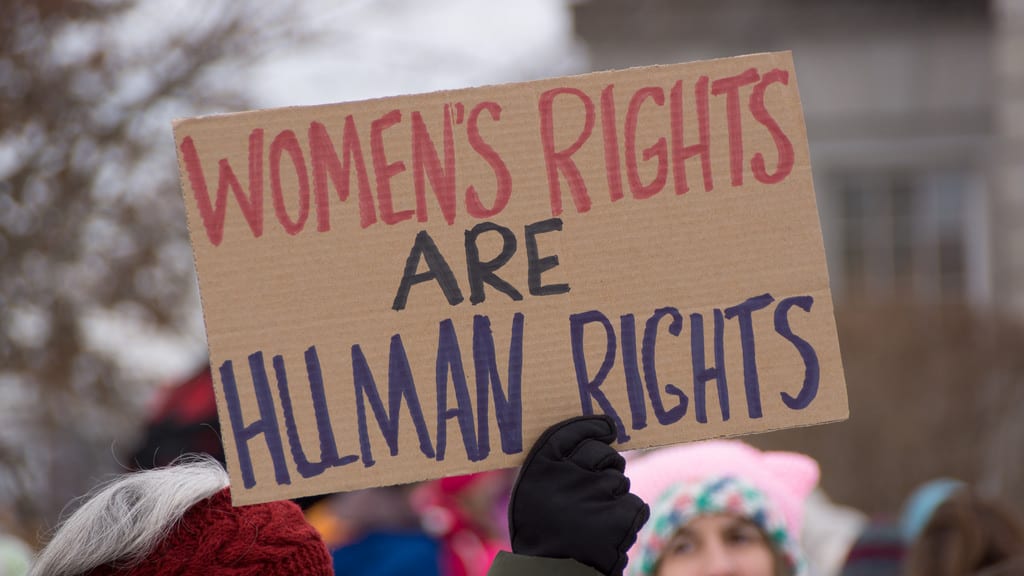Even though we have made immense improvements on gender discrimination, we often overlook the subtle ways that women are still being put down. I believe that gender equality is a fundamental right. In his novel, The Blithedale Romance, Nathaniel Hawthorne demonstrates an early emergence of attempted gender equality in literature. Throughout the novel, we witness Zenobia standing up for women, but her love for Hollingsworth prevents her from taking action. The main character, Miles Coverdale, often encourages and praises his female counterparts. He frequently reiterates that he would like to be ruled by a women and that women should be included in the church. Yet, at the same time, he can’t seem to let go of traditional gender roles, specifically a woman’s irrationality and affiliation with her sexuality; Coverdale will criticize Zenobia’s “inappropriate” sexual intents, often putting her down and never complimenting her worth. I am interested in analyzing these discrepancies in female stereotypes because it is intriguing to see how these same stereotypes that are ingrained into society affect the way we treat women today.
“Girls are incomparably wilder and more effervescent than boys, more untamable and regardless of rule and limit, with an ever-shifting variety, breaking continually into new modes of fun, yet with a harmonious propriety through all. Their steps, their voices, appear free as the wind, but keep consonance with a strain of music inaudible to us. Young men and boys, on the other hand, play, according to recognized law, old, traditionary games, permitting no caprioles of fancy, but with scope enough for the outbreak of savage instincts. For, young or old, in play or in earnest, man is prone to be a brute.”
~Coverdale, 73
The above quote exemplifies the pervasive theme of gender in The Blithedale Romance. Coverdale verbalizes his thoughts on what he perceives to be the essential characteristics of the two genders. He is oblivious to the social construct of traditional gender roles, and he is simply explaining how he wants to view men and women, without recognizing the genuine nature of either. Coverdale often masks women with their sexuality, and often can’t see who these women truly are. Although Blithedale is supposed to present itself as a utopia, it is a community where men ultimately still have power while women are subject to their expectations.
I don’t necessarily disagree with Hawthorne’s brilliantly constructed text, but I think that something that may have made it a more interesting read is if Zenobia and Priscilla could have narrated a few chapters. I believe that this could offer the book an entirely new perspective on gender and what a utopia means for women during that time period. We could read about how women viewed their male counterparts, and how they would categorize their own sexual nature; more importantly, we could look into their thoughts on the self sufficient community and the eventual economic destruction. We could also take into perspective the inequalities and hardships that women experienced every day and what they did to deal with living in a man’s world.

